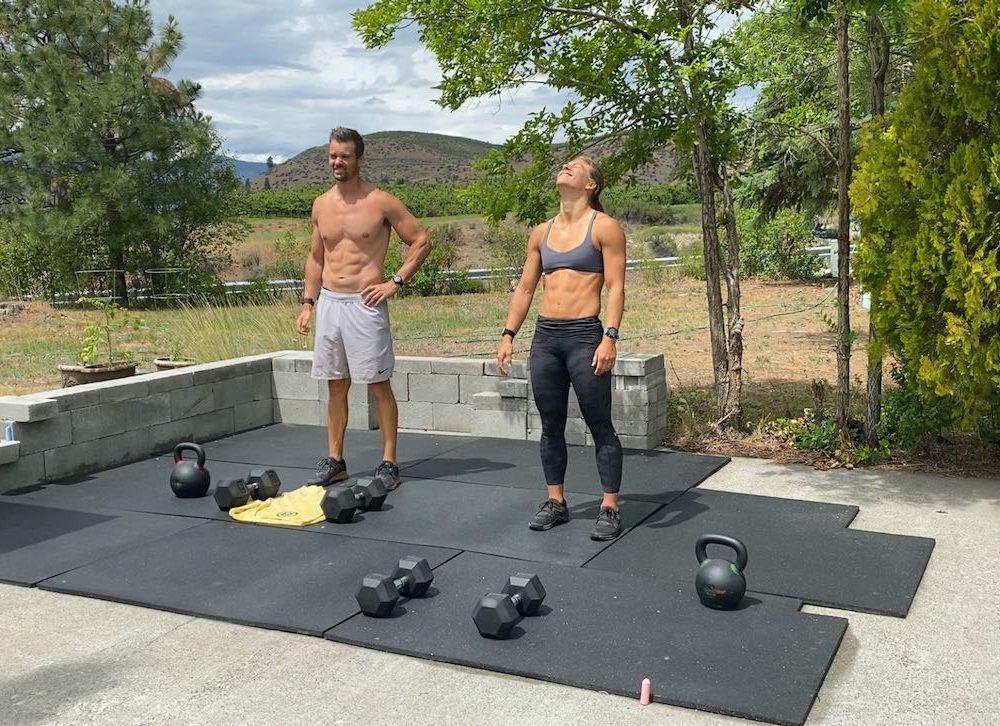
Are you getting enough vitamin D?
Taking health seriously is something many of us fail to do until we’re given a warning. This warning could be an illness or an injury that could have been avoided through making smarter lifestyle choices.
For instance, we could each wake up on a Monday and go to work and come home and think we are perfectly healthy in every way … only to wake up the next day with a kidney stone causing radiating pain in our lower back like it genuinely has a grudge against us.
What’s the cause? Not drinking enough water. Simple. We all know to drink water. But few of us drink the recommended amount of .5 ounces per pound of ideal body weight.
Such a warning can lead to some self-searching questions like are we doing enough to maintain a healthy gut, liver, and heart. What about our minds? Are we thinking about the things that will effect our thinking later on, and doing things to keep our brains in tip top shape… Then we may start to think more about connected diseases like Alzheimer’s or even locked-in syndrome (see How Many People Are Diagnosed With Locked-in Syndrome Each Year?). All valid queries.
Improving your health is a daily effort – there’s no one ‘cure all’ pill. One thing we can all begin with is vitamin D, because not only is it free, but without it the consequences are dire.
Vitamin D isn’t in sunlight, but…
Let’s begin with dispelling a common myth. We do not ‘soak up’ vitamin D from sunlight. The stream of photons directed at us from our nearest star contains no vitamins or minerals. It is made up of visible light, ultraviolet light, and infrared light.
So, why do we associate the sun with the health benefits of vitamin D? The answer is straightforward enough: our skin contains cholesterol, which can be converted into vitamin D under the influence of ultraviolet B (UVB) rays from the sun. But why do we need it?
Health benefits of vitamin D
You may already know that vitamin D facilitates bodily processes that maintain/increase bone strength. Without it, weak bones can result in painful splintered breaks.
Other health benefits that you may not know about include:
- Vitamin D helps to offset and prevent some major diseases, including heart disease. It can also help to lower susceptibility to the flu.
- Vitamin D has been linked to lower levels of stress and depression.
- Vitamin D has been found to have an effect on regulating appetite, especially in conjunction with adequate calcium intake.
If you live in a highly populated area, vitamin D deficiency is a danger. This is because the bustling streets and high pollution drive us indoors, away from the sun’s rays. As a general rule, try to expose yourself to the sun for 10-30 minutes three times per week.
If you’re a regular reader of this blog you’ll have a head start on staying on top of the markers that could come up and bite you in the butt someday, but we can almost never do enough.
Make sure that you’re having regular doctors visits, and getting blood work taken regularly by a company like InsideTracker. All of these things (including exercising regularly) will contribute to you having a healthier, longer life.

